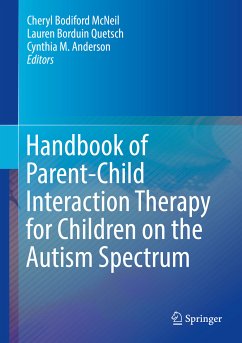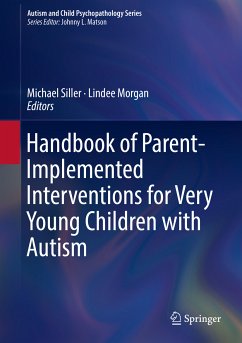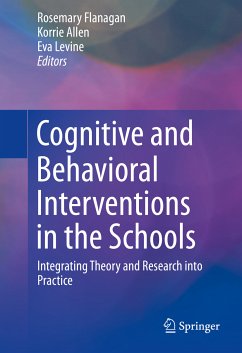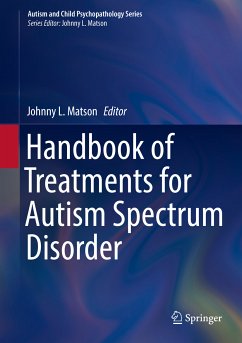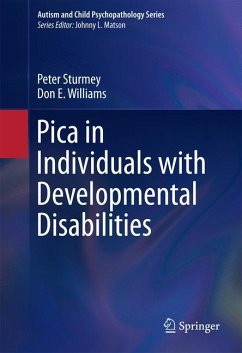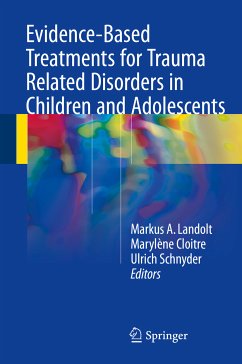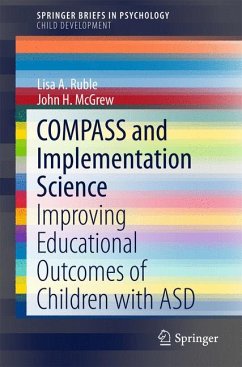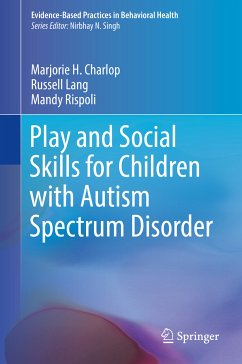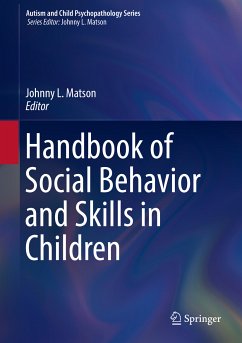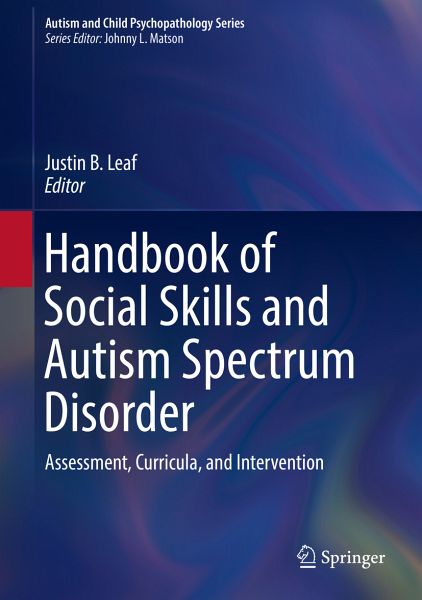
Handbook of Social Skills and Autism Spectrum Disorder (eBook, PDF)
Assessment, Curricula, and Intervention
Redaktion: Leaf, Justin B.
Versandkostenfrei!
Sofort per Download lieferbar
256,95 €
inkl. MwSt.
Weitere Ausgaben:

PAYBACK Punkte
128 °P sammeln!
This handbook identifies the various social deficiencies widely associated with children and youth diagnosed with autism spectrum disorder (ASD). It discusses possible causes as well as the lifelong effects if these deficiencies are not addressed. The handbook presents current behavioral and curriculum-based methods for assessing social deficits. Chapters examine the various interventions that have been used to improve social skills and behavior, including video modeling, peer-mediated interventions, and script fading. Chapters also assess various interventions using empirically based procedur...
This handbook identifies the various social deficiencies widely associated with children and youth diagnosed with autism spectrum disorder (ASD). It discusses possible causes as well as the lifelong effects if these deficiencies are not addressed. The handbook presents current behavioral and curriculum-based methods for assessing social deficits. Chapters examine the various interventions that have been used to improve social skills and behavior, including video modeling, peer-mediated interventions, and script fading. Chapters also assess various interventions using empirically based procedures, evaluate the research of each of these procedures, provide guidelines for treatment planning, and offer clinical recommendations. The handbook concludes with future directions for the development of both social behavior and clinical social skills interventions.
Topics featured in the Handbook include:
The Handbook of Social Skills and Autism Spectrum Disorder is a must-have resource for researchers, clinicians/professionals, and graduate students in clinical child, school, and developmental psychology, behavioral therapy, and social work, as well as such interrelated disciplines as child and adolescent psychiatry, rehabilitation medicine/therapy, pediatrics, and special education/educational psychology.
Topics featured in the Handbook include:
- Impairments in social behavior that may result in negative outcomes such as depression, loneliness, and suicide in individuals with ASD.
- Bullying among youth with ASD.
- Behavioral skills training to promote social behavior of individuals with ASD.
- The Early Start Denver Model approach to helping young children with ASD.
- The implementation of social skills groups for individuals diagnosed with ASD.
The Handbook of Social Skills and Autism Spectrum Disorder is a must-have resource for researchers, clinicians/professionals, and graduate students in clinical child, school, and developmental psychology, behavioral therapy, and social work, as well as such interrelated disciplines as child and adolescent psychiatry, rehabilitation medicine/therapy, pediatrics, and special education/educational psychology.
Dieser Download kann aus rechtlichen Gründen nur mit Rechnungsadresse in A, B, BG, CY, CZ, D, DK, EW, E, FIN, F, GR, HR, H, IRL, I, LT, L, LR, M, NL, PL, P, R, S, SLO, SK ausgeliefert werden.



